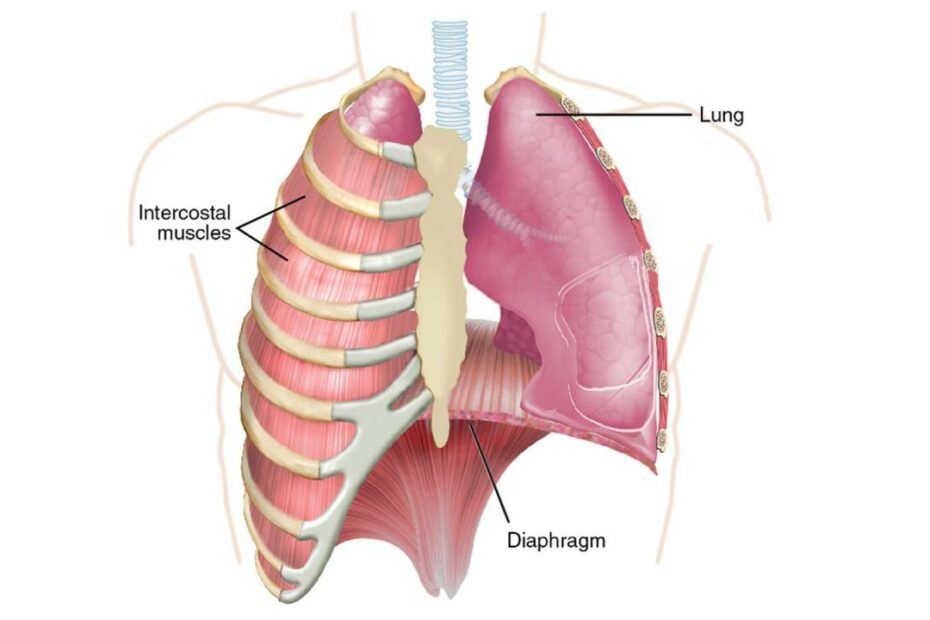When You Inhale: Does Your Stomach Expand Or Contract?
The Correct Way To Breathe In
Keywords searched by users: When you inhale does your stomach go in or out why does my stomach go in when i inhale, How to breathe correctly, Diaphragmatic breathing, Paradoxical breathing
What Happens If You Inhale Your Stomach?
Have you ever wondered what might occur if you accidentally inhale your stomach? Well, when you experience shortness of breath, a technique called belly breathing can be incredibly helpful. It not only allows more oxygen to enter your lungs but also helps you regain control over your breath, promoting a sense of calm. To practice belly breathing effectively, find a comfortable seated position in a chair with proper posture, or alternatively, lie down if that feels more comfortable. This technique can be particularly beneficial for managing breathing difficulties, but it’s important to clarify that inhaling your stomach is not a physiological concern—it’s more about enhancing your breathing process. (Published on March 27, 2023)
When You Breathe Through Your Mouth Does It Go In Your Stomach?
“When you breathe through your mouth, the air you inhale travels directly into your lungs. This process involves an important step where your nasal passages typically moisturize and warm the incoming air, helping to optimize its quality before it reaches your lungs. This natural conditioning of the air is crucial for your respiratory system’s health and overall well-being. So, to answer the question, when you breathe through your mouth, the air does not go into your stomach; instead, it goes directly into your lungs, where oxygen exchange takes place to support your body’s functions.” (Note: The missing information about the destination of the inhaled air has been added for clarity.)
Why Does My Stomach Expand When I Breathe Out?
Have you ever wondered why your stomach seems to expand when you exhale? This phenomenon is closely tied to the way your diaphragm functions during breathing. When you take a deep breath in, your diaphragm contracts, moving downward. Conversely, during an exhale, it relaxes and moves upward. When you practice belly breathing, which involves intentionally using your diaphragm, you notice your belly expanding as you exhale. This happens because you are directing the air pressure of your exhalation downward, toward your lower abdomen and feet. This downward movement of the diaphragm creates a vacuum effect, which, in turn, draws air into your lungs. So, in essence, when you breathe deeply and engage your diaphragm, your stomach expands during exhalation as part of the natural breathing process. This explanation sheds light on the mechanics behind this phenomenon, helping you understand why it occurs. [Published: December 8, 2017]
Discover 36 When you inhale does your stomach go in or out
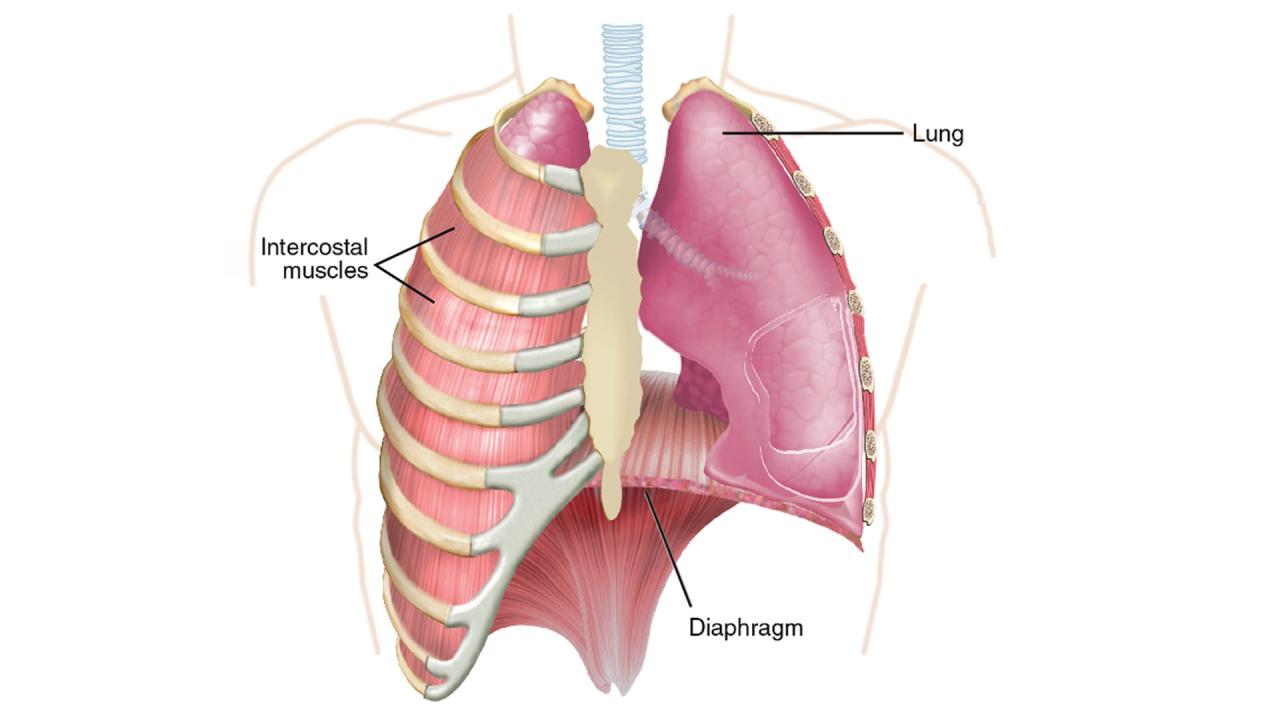
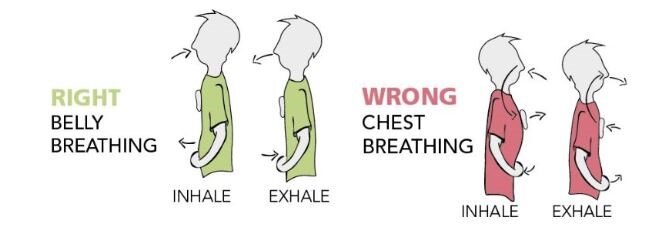
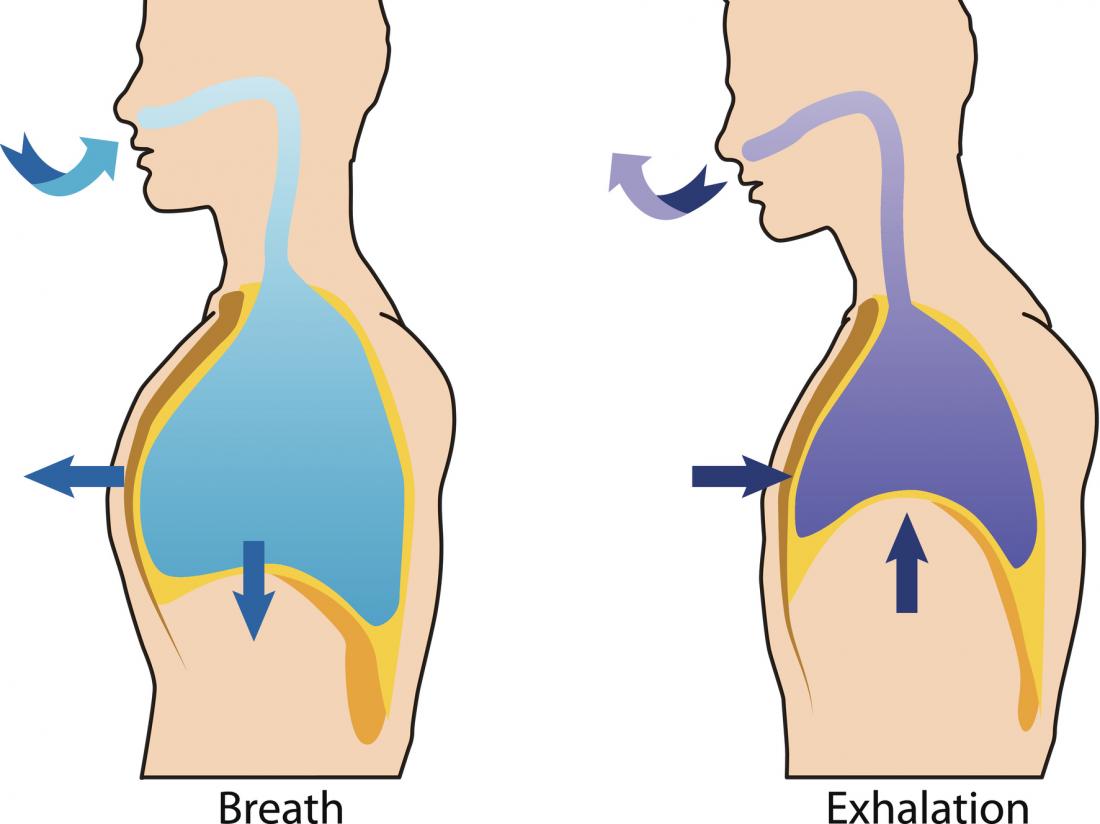
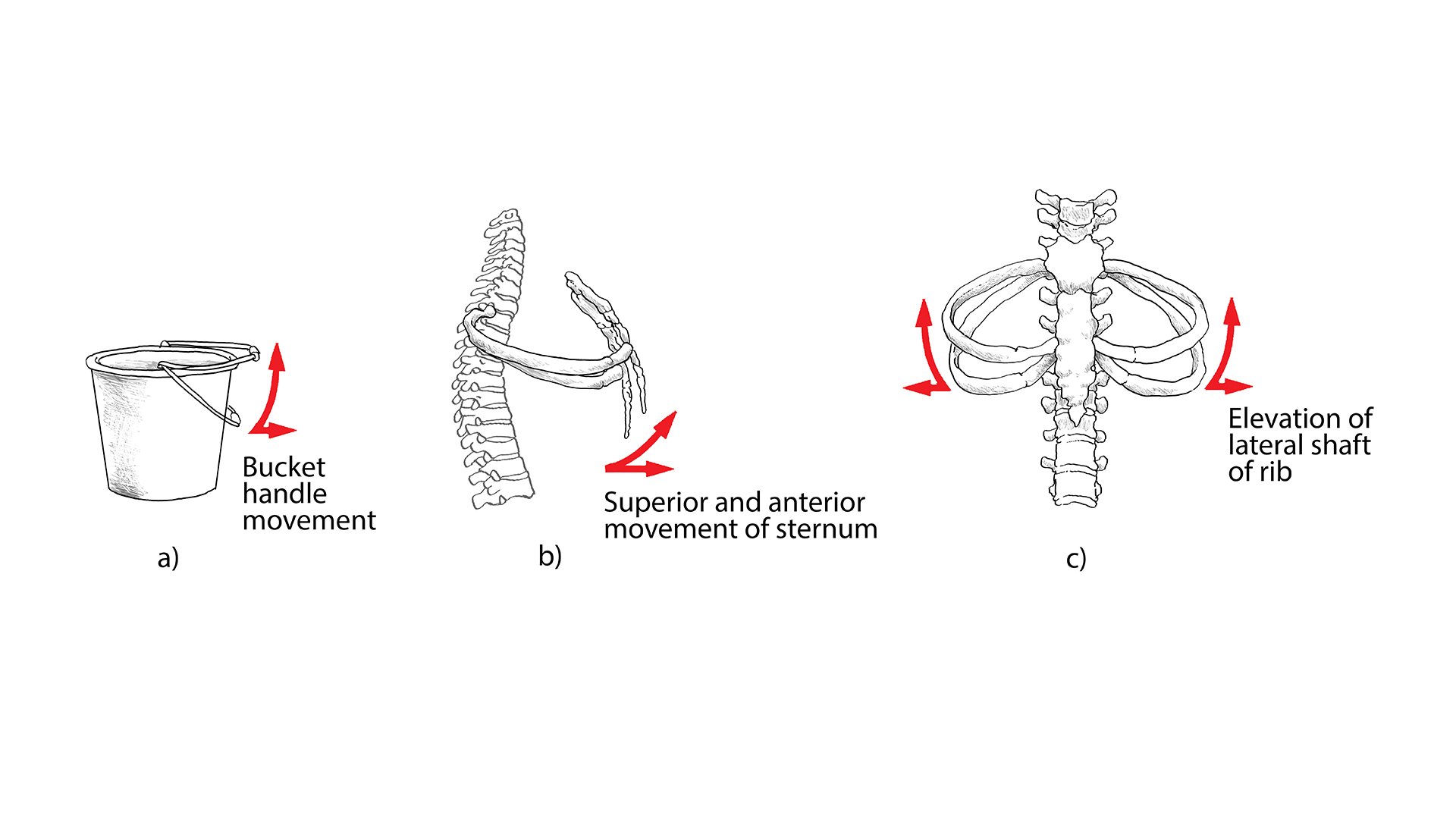

Categories: Summary 77 When You Inhale Does Your Stomach Go In Or Out
See more here: tfvp.org

Your belly should come outward as you take in air, and you’ll feel your lungs opening up. This draws oxygen all the way down into the bottom of your lungs. As you exhale, your stomach will come back in, and your rib cage will contract. This uses the diaphragm muscle to make sure you get the optimal amount of air.When you feel short of breath, belly breathing helps get more oxygen into your lungs and calms you down so you can better control your breath. To practice belly breathing, sit down in a comfortable chair, sit up straight and put your hands on your belly or if it’s more comfortable you can lay down.With mouth breathing, everything you inhale goes straight to your lungs. It humidifies the air: Your nasal passages moisturize and warm the air you inhale.
Learn more about the topic When you inhale does your stomach go in or out.
- Proper Breathing: How You Might be Doing it Wrong
- Belly Breathing – American Lung Association
- Are You A Mouth Breather? Learn Why Breathing Through Your Nose …
- The Trouble with Belly Breathing – Rachel Hamstra, GCFP
- Lungs and Respiratory System (for Parents) – Nemours KidsHealth
- How the Lungs Work – The Lungs | NHLBI, NIH
See more: https://tfvp.org/category/science blog
